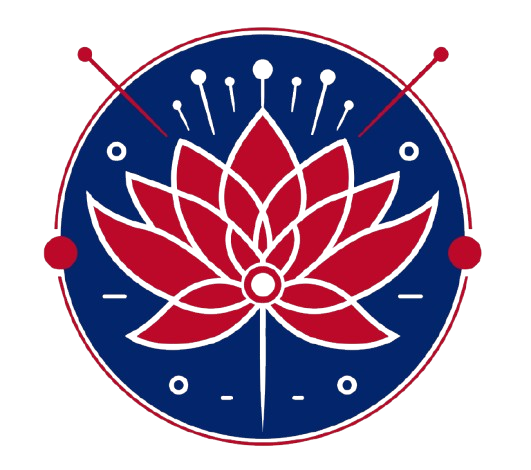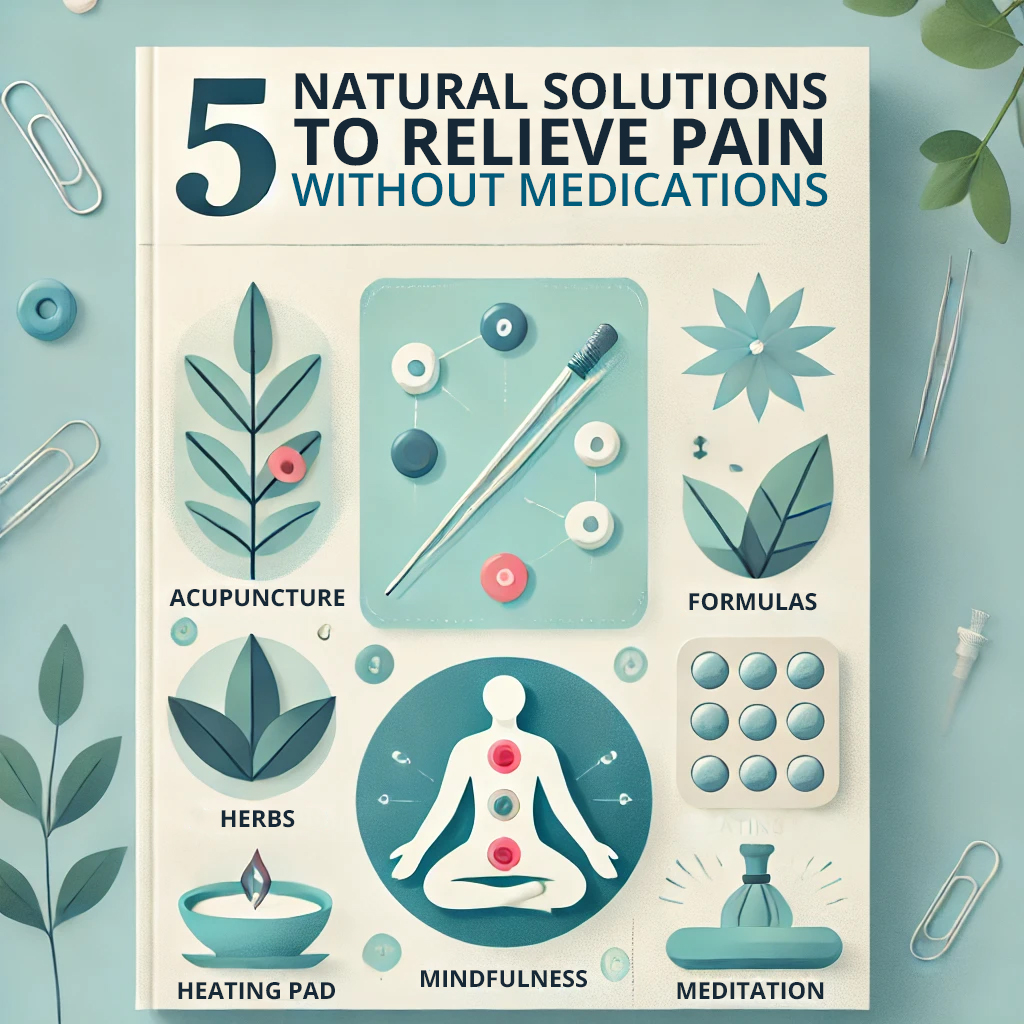You’re taking an essential step towards regaining control over your bladder by scheduling a consultation with a healthcare provider in St. Petersburg, and being prepared with the right information and questions can make all the difference in getting the personalized treatment you need. Start by understanding your OAB symptoms, including urinary frequency, nocturia, and urge incontinence, and how they impact your daily life. Gather your medical history, including medications and lifestyle factors, and prepare a list of questions to ask your provider, such as potential causes and alternative approaches. By doing so, you’ll be well-equipped to explore your treatment options and take the first step towards a life free from OAB symptoms, and there’s more to explore to guarantee you’re fully prepared for your consultation.
Key Takeaways
- Recognize your OAB symptoms, including nocturia, urinary frequency, and urge incontinence, to discuss with your healthcare provider.
- Compile a list of current medications, including over-the-counter drugs and supplements, to share during the consultation.
- Document your urinary habits, including frequency, urgency, and leakage incidents, to help your doctor understand your situation.
- Prepare a list of questions, such as potential causes, alternative approaches, and treatment options, to discuss with your healthcare provider.
- Expect a thorough assessment of your symptoms, discussion of diagnostic tests, and recommendations for lifestyle modifications and treatment options during the consultation.
Understanding Your OAB Symptoms
Your urinary habits have become a constant source of disruption, dictating your daily routine and making everyday activities a challenge. You’re not alone; many individuals struggle with symptoms of overactive bladder (OAB), a condition characterized by a sudden and uncontrollable urge to urinate. This may lead to involuntary leakage of urine, known as urge incontinence. Do you find yourself waking up multiple times at night to use the bathroom, or feeling the need to go frequently throughout the day? Similar to how acupuncture can strengthen immune response and improve overall health, managing OAB symptoms can greatly improve your quality of life. These symptoms, such as nocturia and urinary frequency, can greatly impact your sleep quality and daily activities. You may also experience accidental leakage during activities that put pressure on the bladder, like coughing, laughing, or exercising. Understanding your OAB symptoms is essential in developing an effective overactive bladder treatment plan. By recognizing your specific symptoms and experiences, you can make informed behavioral changes and lifestyle changes to alleviate these disruptions. By doing so, you’ll be better prepared to discuss your symptoms with a healthcare professional and take the first step towards finding relief from OAB.
Gathering Medical History Information
When preparing for an overactive bladder consultation, gathering medical history information is essential in helping your healthcare provider understand the underlying factors contributing to your symptoms. Take some time to reflect on your past medical history, including any previous diagnoses related to bladder issues, neurological disorders, diabetes, or urinary tract infections that may contribute to your overactive bladder symptoms. Make a list of your current medications, including over-the-counter drugs and supplements, as they could affect bladder function or interact with potential treatments. It’s also important to evaluate how stress and anxiety may be exacerbating your symptoms, much like they do with neck pain causes. Note your urinary habits, including the frequency of urination, instances of urgency, and occurrences of leakage, to provide a clear picture of your symptoms to your healthcare provider. Additionally, be prepared to discuss lifestyle factors that may influence your condition, such as caffeine intake, hydration levels, and physical activity, as well as any family history of urological conditions. By gathering this information, you’ll be able to have a more informed conversation with your healthcare provider about your bladder control problems and explore the most effective treatment options available.
Preparing Your Questions List
Now that you’ve gathered your medical history information, you’re well-prepared to explore the specifics of your symptoms and treatment options. It’s crucial to arrive at your consultation with a list of questions to guarantee you get the most out of your time with your doctor. Start by listing your overactive bladder symptoms, including their frequency and severity, to provide a clear understanding of your condition. Ask about potential causes, such as lifestyle factors, medications, or underlying health issues that may be contributing to your symptoms. In addition, consider inquiring about the benefits of alternative approaches like acupuncture for pain relief, which has been shown to provide significant relief for some patients. Some studies suggest that acupuncture can reduce chronic pain by 50%, making it a viable option for managing certain symptoms. Inquire about the different treatment options available, including lifestyle changes, medications, and advanced therapies. Understand what may work best for your specific needs and ask about possible side effects. Consider discussing your past experiences with any prior treatments or medications to help your specialist tailor a more effective plan. Don’t hesitate to ask about necessary follow-up appointments or monitoring that may be required. By being prepared with thoughtful questions, you’ll be able to make informed decisions about your treatment and take the first step towards managing your overactive bladder.
Examining Treatment Options
Because overactive bladder symptoms can considerably impact daily life, it is vital to explore the various treatment options available to regain control over your bladder. You’ll want to discuss these options with your healthcare provider to determine the best approach for your unique situation. Initially, lifestyle modifications and behavioral changes may be recommended, such as dietary adjustments, bladder retraining, and pelvic floor strengthening exercises to enhance bladder control. Additionally, incorporating holistic practices like acupuncture for insomnia can help reduce stress and anxiety, which can exacerbate OAB symptoms. Research suggests that acupuncture can improve sleep quality, which in turn, can positively impact overall well-being. If these changes are ineffective, oral medications may be prescribed. However, it is important to be aware that up to 72% of patients may discontinue these medications due to side effects. In such cases, advanced therapies like Medtronic Bladder Control Therapy through InterStim² and Botox injections can provide alternative relief options. A thorough treatment plan should be tailored to your individual needs, emphasizing ongoing communication with your healthcare provider to guarantee effective management of your OAB symptoms. By understanding the range of treatment options, you can take a proactive role in regaining control over your bladder and improving your overall quality of life.
What to Expect at Consultation
Your consultation for overactive bladder (OAB) is an essential step towards regaining control over your bladder. This meeting with a specialist will help determine the best course of action for diagnosis and treatment. During your consultation, you can expect a thorough assessment of your symptoms, including frequency and urgency of urination.
| Aspect of Consultation | What to Expect |
|---|---|
| Symptoms Assessment | Discussion of frequency and urgency of urination |
| Medical History | Questions about previous treatments and medications |
| Diagnostic Tests | Discussion of bladder function testing (urodynamics) |
| Lifestyle Modifications | Recommendations for dietary changes and pelvic floor exercises |
| Treatment Options | Discussion of conservative to advanced therapies and medications |
The specialist may ask about your medical history, including previous treatments or medications, to develop a personalized treatment plan. Additionally, you may discuss lifestyle modifications, such as pelvic floor strengthening exercises, and potential treatment options, ranging from conservative approaches to advanced therapies and medications. By the end of the consultation, you’ll have a better understanding of your condition and a clear direction for regaining control over your OAB. Don’t hesitate to request an appointment with a specialist in St. Petersburg to take the first step towards relief.
Frequently Asked Questions
What Is the First Line of Therapy for Overactive Bladder?
You’re likely to find that the first line of therapy for overactive bladder typically involves simple yet effective lifestyle modifications, such as dietary changes and bladder retraining techniques, which can greatly alleviate symptoms and improve your overall well-being.
How Does a Urologist Diagnose Overactive Bladder?
You’ll likely undergo a thorough evaluation, involving a detailed history and symptom assessment, possibly accompanied by urodynamics, cystoscopy, and urine tests to rule out other conditions, helping your urologist diagnose overactive bladder accurately.
What Is the New Procedure for Overactive Bladder?
You might be wondering if surgery is the only answer, but it’s not! The new procedure for overactive bladder includes Medtronic Bladder Control Therapy via InterStim, a non-surgical, innovative approach that provides nerve stimulation to improve bladder control, offering hope and relief from OAB symptoms.
What Calms Down an Overactive Bladder?
You can calm down your overactive bladder by reducing caffeine intake, staying hydrated, and practicing bladder retraining techniques like scheduled bathroom visits, while also engaging in regular physical activity and incorporating Kegel exercises to strengthen your pelvic floor muscles.
Conclusion
As you take the reins of your OAB journey, remember that this consultation is a turning point. You’re about to shift gears and leave the frustrating cycle of embarrassment and anxiety in the rearview mirror. By being prepared, you’re fueling the engine for a meaningful discussion with Dr. Mandel. With your checklist complete, you’re ready to pave the way for a life-changing transformation, where you’re back in the driver’s seat, cruising towards a future of confidence and freedom.
Start Your Health Transformation
At Elite Care Acupuncture & Alternative Medicine, we’re dedicated to helping you achieve your best health with tailored, holistic care. Whether you’re seeking pain relief, stress management, or natural health solutions, our expert team is here to guide your journey to wellness.
Connect with Us:
Address:
11105 7th Avenue North, Saint Petersburg, FL 33705
Phone: +1 (727) 606-8700
Website: www.EliteCare.clinic



